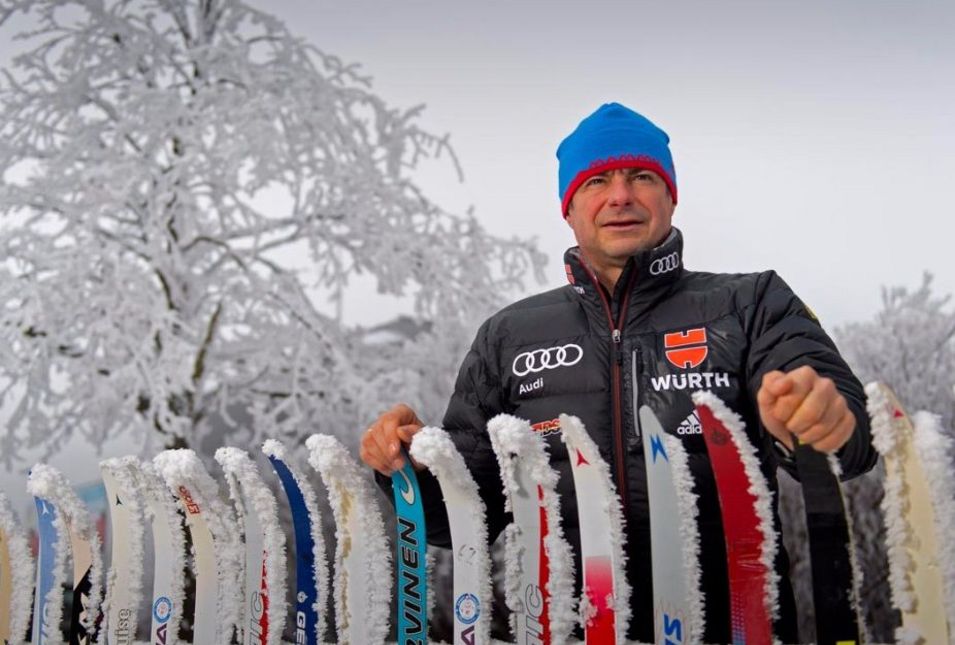“It’s your head that makes you a winner,” explains coach Lutz Hänel. It’s always about a combination of athletic performance and a strong psyche. Hänel demands a great deal – from others and also from himself. The young people he works with describe him as “firm but fair”. For him, the little extra something that helps make Saxons so successful when it comes to sport lies in “being human”. By that, he means taking the athletes seriously, respecting their individual attributes and teaching them how to handle defeat – and victory. He also regards education as very important. Lutz Hänel says: “Here, it’s not a case of sport first and school second. It’s about both education and sport.“ Hänel knows that no more than a handful of his training group will reach professional level in their sport. But he’s not worried about the others because he knows that they are all very well equipped to cope with life thanks to their excellent education and training. Just like fellow coach Lars Lehmann, in fact. He was a young, up-and-coming athlete at the centre until 2002 and then went on to study sports science. Lehmann says: “Studying wasn’t a problem for me. Having the self-discipline to learn, giving it my best effort – I already knew how to do that.” Since 2012, he has been the coach responsible for the centre’s 12- and 13-year-olds and loves being “back home” after ten years, coaching the winter sport champions of the future.




